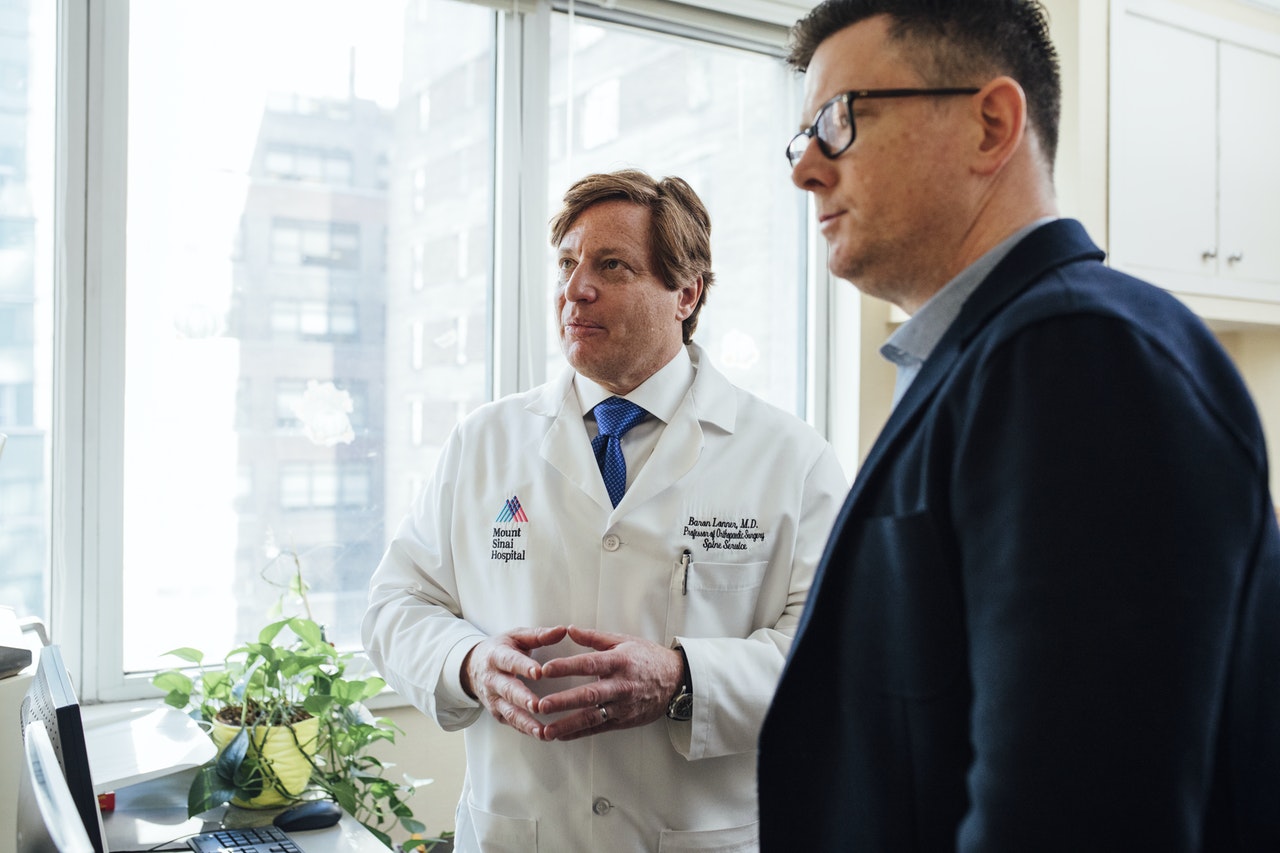Every man dreads hearing the words “prostate problems.” Chances are, by the time the words are uttered, symptoms have already appeared. The need to get up 2-to-3 times a night to urinate, followed by the inability to do so, are the most common signs of prostate problems. Should it turn out to be prostate cancer, the good news is it’s one of the most treatable and sometimes the slowest-growing forms of cancer there is.
Early Stage Prostate Cancer
Thanks to diagnostic advances, prostate cancer and problems associated with an enlarged prostate are becoming easier to spot. Today, 9 out of every 10 men will be diagnosed with prostate cancer. It is detected with the prostate-specific antigen (PSA) blood test.
The PSA test is effective at catching tumors early, so early that sometimes even a digital rectal exam (DRE) cannot yet detect it. In some cases, a biopsy may be required to verify the presence of prostate cancer, especially when the tumor develops deep inside the prostate and out of palpable reach during a rectal exam.
Prostate Cancer Treatment & Its Side Effects
While most people, as soon as they hear any mention of cancer, may want to begin treatment as quickly as possible, in the case of prostate cancer, sometimes watchful waiting is recommended for early stage prostate cancer because in some cases the cancer tends to grow incredibly slowly.
But that can be dangerous because a recent study found that at least 50% of prostate cancers that were thought to be slow growing turned out to be aggressive and fast growing.
Your age at diagnosis, stage of cancer, and severity of symptoms will all play a role in determining your treatment options.
Some of the more well-known side effects of prostate cancer treatment are erectile dysfunction, fecal incontinence, urinary incontinence, and rectal cancer.
- Prostate cancer surgery runs the risk of interfering with a man’s ability to get or sustain an erection, as well as resulting in urinary or fecal incontinence. In addition, some medications used to treat an enlarged prostate may also result in erectile dysfunction (ED).
- Traditional radiation therapy to treat prostate cancer can lead to a 50% increased risk of developing rectal cancer.
Avoid Prostate Treatment Risks with CyberKnife
Fortunately CyberKnife Stereotactic Body Radiation Therapy (SBRT) used at the CyberKnife Center of Miami greatly decreases the risk of bad side effects from prostate cancer treatment.
Also known as Radiosurgery, CyberKnife is precise, painless and non-invasive radiation treatment. It delivers hundreds of radiation beams from every angle directly to the tumor, greatly reducing the risk of harming nearby healthy tissue.
The treatment is done in 5 sessions over 10 days compared to traditional radiation therapy for prostate cancer, which takes several months with up to 45 treatment sessions.
CyberKnife is quickly becoming the number one treatment choice among men with prostate cancer because it can treat the disease quickly with the least disruption to their lives and the lowest risk of side effects than any other treatment option offered worldwide.
To find out if you’re a candidate for this non-invasive prostate cancer treatment contact the CyberKnife Center of Miami by calling (305) 279-2900 or request a consultation now.
Do your own research and discover the benefits CyberKnife offers over every other method of prostate cancer treatment.

